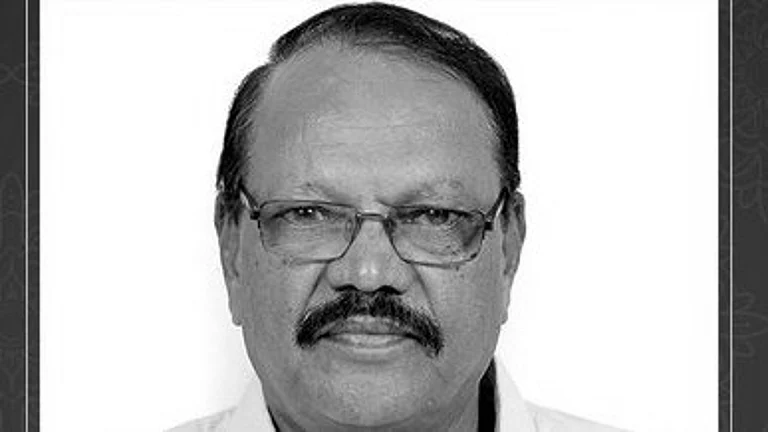Two months before the Union Budget, a parliamentary panel’s recommendation has put the government in a fix over its policy to promote Electric Vehicles (EV) over Hybrid Vehicles (HEV). Tabled in Parliament on December 6, the report titled ‘Electric & Hybrid Mobility- Prospects and Challenges’ has recommended treating HEVs at par with EVs for tax incentives in order to achieve India’s targets of carbon emission cuts. For sometime now, major car makers have been at loggerheads, lobbying for tax breaks for the two different technologies of cars.
The government currently taxes HEVs at an effective rate of 43% ( 28% GST plus 15% Cess), making the cars expensive. On the other hand, EVs attract a subsidised rate of GST at just 5%. An electric vehicle runs on a lithium-ion battery and an electric motor, while a hybrid vehicle operates on a smaller lithium-ion battery and electric motor, along with a traditional internal combustion engine.
“EVs reduce energy consumption by 75% over Internal Combustion Engine (ICE) while HEVs reduce energy consumption by 30-45% over ICE without any external charger. Hence, HEVs are also entitled to a discount on the GST rate as in the case of EVs. GST support of HEV would help the whole eco-systems and provide impetus to EVs. The Committee, therefore, recommends that the GST rates on HEV may also be at a lower rate to create a lucrative EV ecosystem,” said the Parliamentary report on Electric and Hybrid Mobility.
The panel further noted that India’s EV ecosystem was still at a nascent stage, as compared to several other countries in the world. “Therefore, the need of the hour is to scale up the transition process to electric mobility.”
In November 2020, it was reported that companies like Hyundai, Tata and Mahindra & Mahindra forced industry body SIAM to withdraw a pre-budget proposal to demand a reduction in GST rates for HEVs. The three companies are in the pure EV play and did not want the industry to dole out incentives to companies with plans to expand their HEV portfolio.
On the other hand, India’s largest car maker Maruti has been consistently demanding equal treatment for HEVs, but has so far failed to convince the government.
In 2019, Maruti Suzuki India’s MD and CEO, Kenichi Ayukawa had categorically stated that “If hybrids contribute to some saving of energy then I think the technology should be awarded. Of course not as much as EVs which is zero emissions but hybrids do reduce emissions by 30-40 per cent by increasing the fuel economy." However, the company has failed to convince the centre on the issue till date.
Reports suggest that the company recently made a presentation to Gujarat Chief Minister Bhupendra Patel about the company's roadmap to contribute to a reduction in India’s oil imports. It will also be launching its hybrid car by next year. Gujarat is the hub of auto manufacturing in India and it’s the home state of Prime Minister Narendra Modi. Reaching out to Gujarat CM and a recommendation from the Parliamentary panel puts immense pressure on the government to reconsider its policy to promote EVs over HEVs in its journey to adopt clean transportation technologies.
At the recently concluded COP26, India committed to net-zero by 2070, and emissions intensity reduction by 45% by 2030 from the 2005 levels. The targets need fast adoption of less polluting modes of transportation and the government faces the challenge of incentivising the right industry to meet its targets with a limited amount of fiscal space. The penetration of EVs in India stands at approximately 1.66 percent.


























